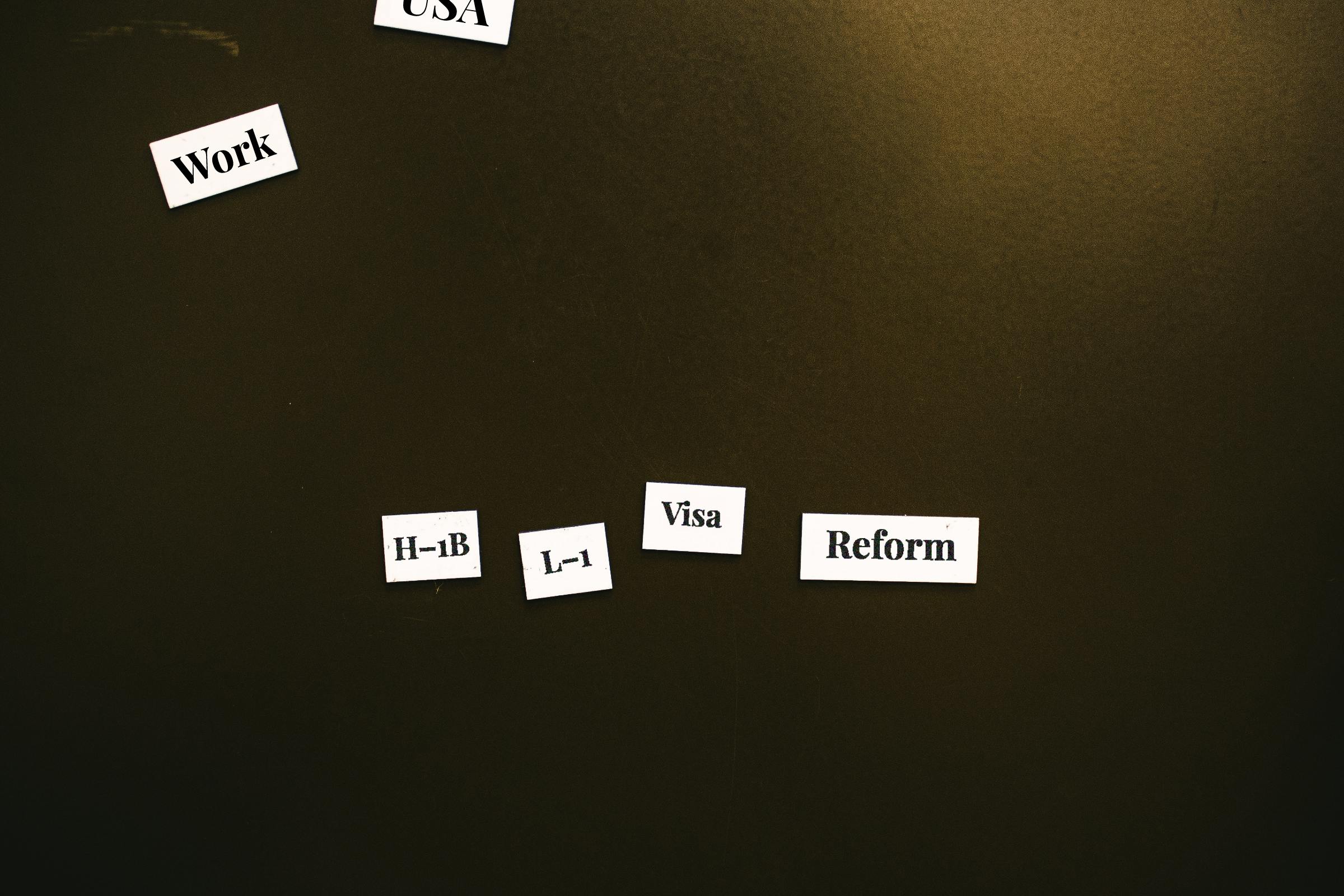What Are the H-1B and L-1 Visas?
Foreign workers who wish to accept employment by a US company and work overseas must have a visa that permits them to do so. Two of the most popular are the H-1B and the L-1. Both of these are used by employers to retain nonimmigrants in their vacancies. H-1B visas are geared toward specialty occupations, and L-1 visas are for managerial or executive work.
Both visas overlap in certain areas, making it challenging to know which category you should apply for as a foreign worker. H-1B visas work well if you have an area of specialized knowledge, along with the skills and education to prove your value. This visa provides your spouse the ability to obtain an Employment Authorization Document (EAD) and work in America, too, and your dependent children can attend school.
The L-1 visa is designed to help those in multinational companies transfer from an overseas branch to a location within the US. Workers may be managerial or executive under the L-1A or specialized knowledge workers under the L-1B. Also, with the L-1, the spouse may seek employment with an EAD.
With those benefits, it’s easy to see why workers would want to obtain those coveted visas and enter the US. But employers are willing to commit fraudulent acts to get talented or cheap employees, too. This opens the system up to those who would abuse it, requiring an overhaul of legislation.
March 2023’s Reform Act Reintroduction
Since its first introduction in 2007, the H-1B and L-1 Visa Reform Act has gone through many revisions, with the most recent proposal in March 2023. At that time, two US Senators, Dick Durbin (D-Ill) and Chuck Grassley (R-Iowa) brought it back to the government’s attention with some new suggestions.
Per the new proposed legislation, nonimmigrant H-1B specialty occupation visas and L-1 intracompany transfer visas would undergo modifications aimed at preventing systemic abuse and keeping American workers safe from disadvantages caused by the visas.
These changes are supported by many others in the Senate and the House of Representatives, where House Rep Bill Pascrell Jr (D- NJ) added companion legislation. The official text is available on the Congress.gov website, but as of now, the legislation remains in the “Introduced” phase.
Suggested Proposal Changes
The updates proposed in the reform act are set to impact employers and employees with stricter regulations, such as:
● Changing the definition of “specialty occupation” for the H-1B visa requirements so that it only refers to positions that require at least a bachelor’s degree,
● Ensuring the rigor of employers’ searches for US workers by requiring them to post the job on any searchable website that the Department of Labor (DOL) manages,
● Refreshing wage, recruitment, and attestation sections of the legislation to ensure it is updated to meet the latest regulations,
● Establishing new time limits and requirements for evidence for those petitioning under an L-1 visa,
● Giving DOL more authority to enforce policies and increasing fees for applications submitted to the branch, used to help increase training and fraud detection.
The intent of these adjustments to the current legislation clearly attempts to persuade employers to look harder at hiring American workers rather than relying on foreign skilled labor. While these extra costs may not be a deterrent to major corporations who can absorb the fees elsewhere, they could be an obstacle that smaller businesses can’t overcome.
What’s Next?
No matter whether you’re an employer or an employee, Visa2US is here to help you navigate the world of work visas. If the proposed legislation is approved, each program will undergo in-depth scrutiny, resulting in many petition and application rejections due to errors or missing evidence. With legal experts on your side, you can confidently submit your fees and applications, knowing that our professionals at Visa2US guided your steps.














